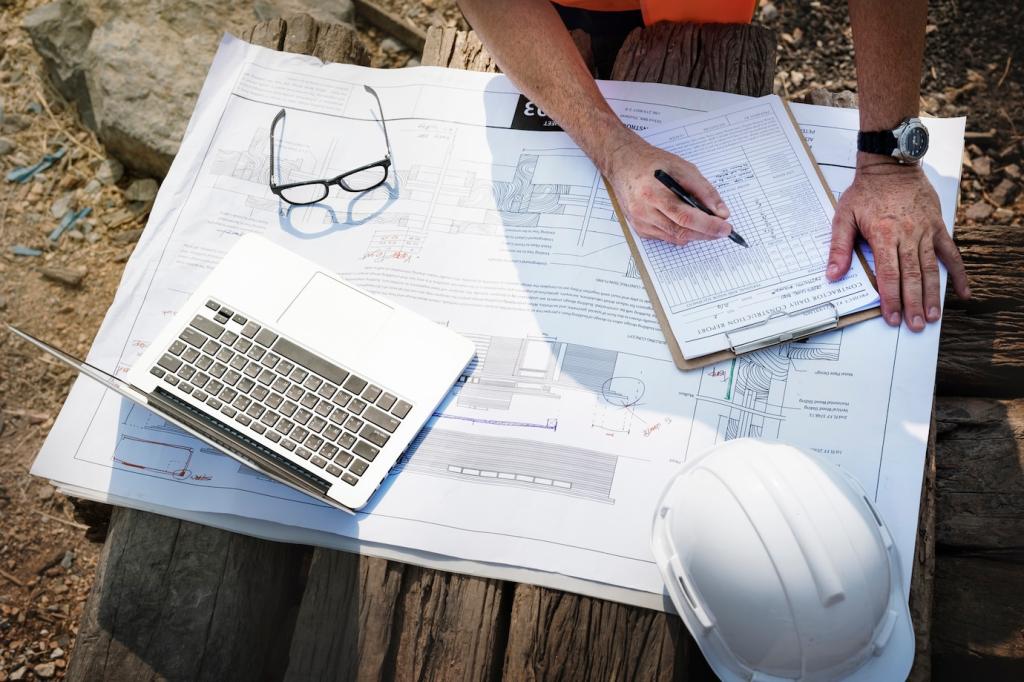Key Steps to Buying Property Abroad: Your Confident Path Starts Here
Chosen theme: Key Steps to Buying Property Abroad. Ready to turn daydreams into deeds? This welcoming guide brings clarity to the process, from first questions to final signatures. Follow along, ask questions in the comments, and subscribe for helpful checklists and updates.


Clarify how you will use the home
Are you moving full-time, visiting seasonally, or renting to guests? Your purpose shapes everything: location, size, legal permissions, and even furniture choices. Share your intended lifestyle in the comments, and we’ll tailor tips in future posts.

Set a realistic total budget
Beyond the price tag, account for taxes, legal fees, notary costs, surveys, currency spreads, utilities, insurance, and a reserve for surprises. Many buyers add 10–12% cushion. Subscribe to get our budgeting worksheet and avoid painful miscalculations.


Research Destinations with Legal and Lifestyle Lenses
Some countries allow freehold for foreigners; others require leasehold, local partners, or special permits. Residency schemes, land restrictions, and coastal laws vary widely. Drop your top country in the comments, and we’ll highlight its key ownership basics.
Research Destinations with Legal and Lifestyle Lenses
Compare price per square meter, rental yields, and days on market. Mountain villages may spike in winter, beach towns in summer. Off-season visits reveal noise, traffic, and weather realities. Want sample data sources? Subscribe and we’ll send our curated list.
Finance, Currency, and Tax Strategy
Local banks, international lenders, and developer financing each have trade-offs. Expect varying down payments, income verification standards, and interest-rate structures. Ask peers in our community which lenders treated them fairly and why—and share your experiences too.
Hire independent legal counsel
Do not rely solely on the seller’s agent or developer’s attorney. An independent lawyer explains title, easements, inheritance impacts, and contract traps. Readers repeatedly say this single step prevented distress. Ask for our lawyer-vetting checklist by subscribing.
Use surveyors and inspectors
A structural survey, pest inspection, and utilities check can save fortunes. One buyer discovered hidden foundation issues and renegotiated successfully. Coastal areas may need erosion or flood assessments. Comment if you need an inspection scope for your property type.
Align with agents and translators
A buyer’s agent can champion your interests. If documents are bilingual, ensure the binding language is clear. A professional translator prevents small wording differences from becoming big legal disputes. Share your language challenges; we’ll crowdsource solutions.
From Offer to Contract: Negotiation, Due Diligence, and Escrow
Use comparable sales, inspection findings, and market days-on-market to support your price. Add contingencies for financing, permits, and repairs. One reader won a furniture package plus repairs by negotiating calmly with verifiable data. What would you ask for?
Your lawyer should pull land registry records, cadastral maps, building permits, and any encumbrances. Rural parcels can hide access or water rights issues. Do not skip this. If you want a due-diligence checklist template, subscribe and we’ll send it over.
Use bank or notary escrow, never unverified transfers or cash. Staged payments tied to milestones reduce risk. Request written proof of cleared liens before releasing funds. Tell us your escrow questions, and we’ll cover country-specific practices in upcoming posts.
Closing Day and Long‑Term Stewardship
Confirm agreed repairs, test utilities, and record meter readings. At the notary, verify identities, amounts, and parcel references match the contract. One couple brought a simple checklist and caught a small but costly document error before signing.
